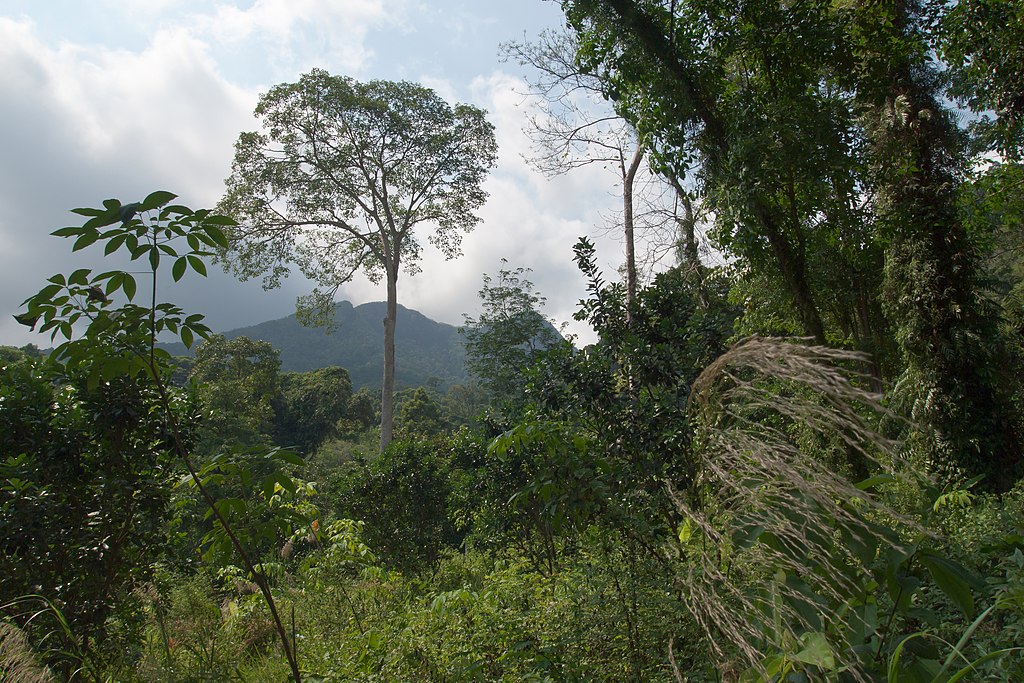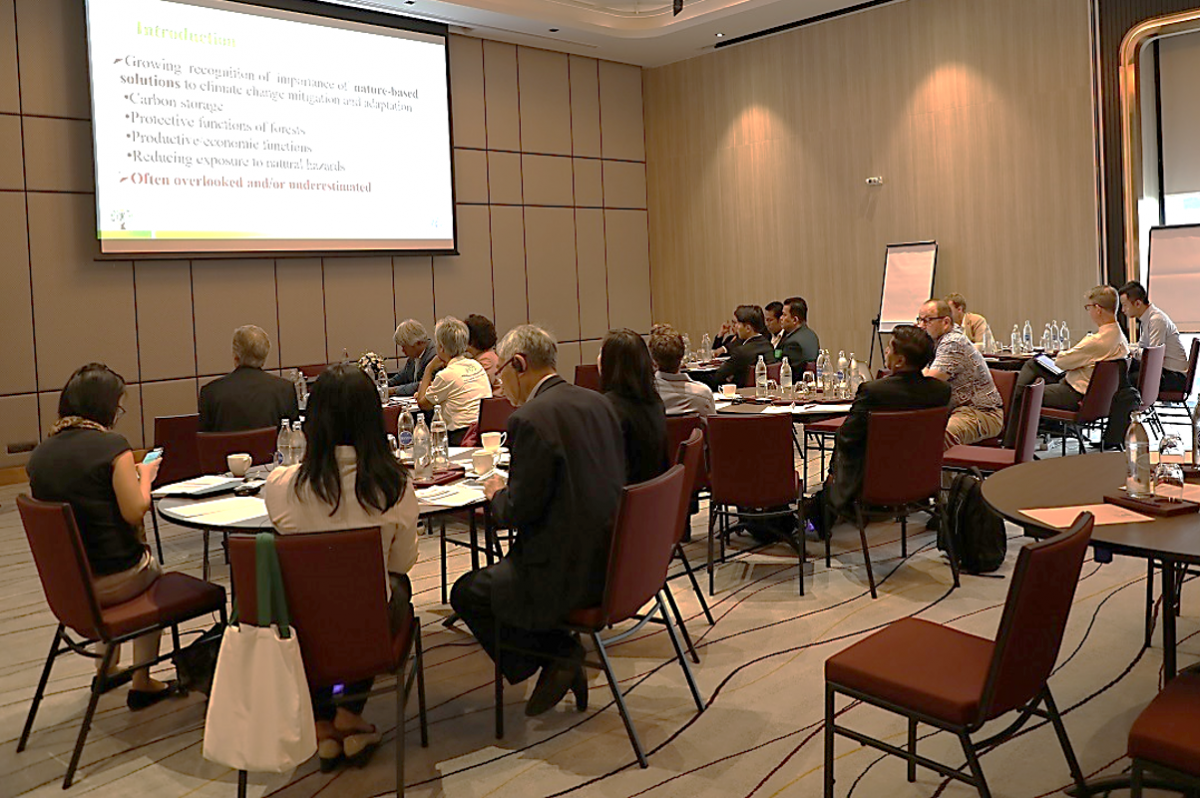New USD 42.4 million programme set to boost primary forest conservation in Asia’s Indo-Malaya subregion
A new programme, financed through the Global Environment Facility (GEF), and jointly implemented by IUCN (International Union for Conservation of Nature) and the Food and Agriculture Organization of the United Nations (FAO), will help maintain and restore the integrity of Asia’s Indo-Malaya primary forests to benefit nature, climate, and people.
Bangkok, Thailand, 26 June 2023: The Indo-Malaya Critical Forest Biomes Integrated Programme will improve management of nearly 3.2 million hectares of protected areas, restore 8,500 hectares of ecosystems, improve practices on 7.1 million hectares of landscapes, and mitigate about 190 million tonnes of greenhouse gas emissions. An estimated 13,400 women and men will directly benefit from the programme.
The USD 42.4 million investment in this programme is expected to leverage more than USD 185 million in co-financing. The programme will improve management of primary forests by reinforcing effective and inclusive conservation and sustainable use of protected and conserved areas, including other effective area-based conservation measures. It will support sustainable management of buffer zones around protected and conserved areas, enhance connectivity, diversify and improve livelihoods of Indigenous Peoples and local communities, increasing their resilience to socio-ecological shocks. The programme will further aim to improve governance, develop pathways for land tenure recognition, scale up financing for primary forest conservation and sustainable use, and enhance partnerships, knowledge sharing, capacity, and communications to sustain programme achievements.
“The programme is designed to holistically address drivers of deforestation and degradation, while seeking to support existing primary forest conservation efforts at multiple scales in the region. Through cross-sectoral partnerships, it will leverage the experiences and lessons learned from various stakeholders, including our Union constituents. IUCN will promote the use of its global knowledge products and field-tested tools in order to better plan, implement, and monitor primary forest conservation,” said Dindo Campilan, IUCN Regional Director for Asia and Hub Director for Oceania.
Within this programme, country projects will be executed by relevant government agencies with support from the United Nations Development Programme (UNDP) in Lao People’s Democratic Republic and FAO in Papua New Guinea and Thailand. The country projects are supplemented by a regional coordination project, to be implemented with a range of partners, which will provide technical support to participating countries, scale out benefits through innovative financial mechanisms, and set up a regional knowledge platform to inform and catalyse wider action for primary forest conservation and sustainable use across the region. The regional project will be implemented with partners and strategically align with relevant projects and initiatives.
“In Asia and the Pacific, remaining intact forests are situated largely outside any formal protection status, hence underscoring the criticality of complementary conservation and sustainable management measures outside protected areas. Through restoration efforts, the integration of biodiversity into agricultural practices and biodiversity-friendly community enterprise development, this new programme can promote sustainable livelihoods that coexist harmoniously with nature in buffer zones and corridors,” notes Sheila Wertz-Kanounnikoff, Senior Forestry Officer, FAO Regional Office for Asia and the Pacific.
The programme will support countries to achieve relevant targets set out in the Kunming-Montreal Global Biodiversity Framework, including the 30x30 targets to restore 30 percent of degraded ecosystems, and to preserve 30 percent of the world’s areas of importance for biodiversity by 2030.
The Indo-Malaya Critical Forest Biomes Integrated Programme is one of five regional initiatives under the GEF’s Critical Forest Biomes Integrated Program that was approved at the 64th Global Environment Facility Council Meeting.
About the implementing partners
IUCN, FAO, and UNDP are implementing agencies of the GEF, a family of funds dedicated to confronting biodiversity loss, climate change, pollution, and strains on land and ocean health. The GEF’s grants, blended financing, and policy support helps developing countries address their biggest environmental priorities and adhere to international environmental conventions. Over the past three decades, the GEF has provided more than USD 22 billion and mobilized USD 120 billion in co-financing for more than 5,000 national and regional projects.



